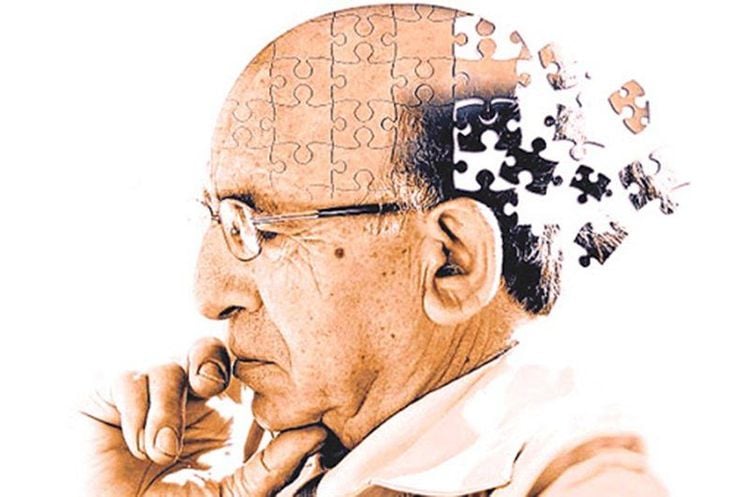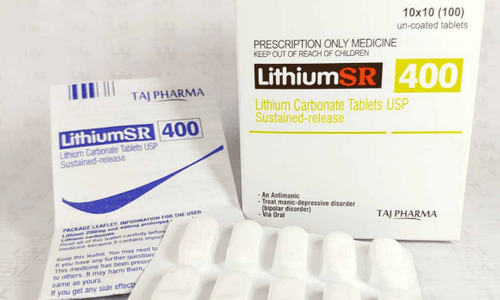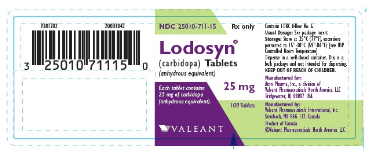This is an automatically translated article.
Brain atrophy is a common disease in the elderly. The disease severely damages the nervous system, impairing brain function. adversely affect the patient's activities.
1. What is atrophy of the brain?
Brain atrophy is the gradual loss of nerve cells or loss of connections between neurons in the brain, brain cells die irreversibly, the brain gradually decreases in size. Brain atrophy is the main cause of memory loss, dementia, confusion, and poor concentration. Patients lose the ability to think, perceive, reduce the ability to move the body.2. Causes of disease
Brain atrophy is commonly seen in human aging. Therefore, the elderly are the subjects most at risk. When reaching old age, nerve cells will degenerate just like other organs in the human body. Therefore, gradually the brain will lose function, shrink or die. This causes the brain tissue, the size of the brain to gradually shrink. From there, it greatly affects the patient's memory, cognition and behavior. In addition, brain atrophy in the elderly is also caused by other causes such as:
Genetics: There is much evidence that, if one parent has cerebral atrophy, their children also have a higher risk of brain atrophy than the average person. often. Due to nutrition: Vitamin B12 deficiency reduces the volume of the brain. Due to lifestyle: lack of sleep, insomnia, smoking, drinking a lot of alcohol. Due to a number of diseases of the vascular system feeding the brain such as: Carotid artery stenosis, vascular malformation or atherosclerosis. Due to traumatic brain injury, stroke (cerebral hemorrhage, cerebral infarction,...) Due to diseases such as: Multiple sclerosis, inflammation, myelin damage or damage in brain tissue. Due to cerebral palsy, encephalitis, epilepsy, brain or spinal cord infections... Due to long-term use of corticosteroids regularly, in some diseases such as rheumatism, asthma, allergic diseases, atopic dermatitis. ..) Alzheimer's disease, epilepsy, pick's disease, Huntington's disease, Leukodystrophy, Krabbe disease, AIDS and diseases of the immune system, etc. also increase the risk of senile brain atrophy.

Có nhiều nguyên nhân gây ra bệnh teo não tuổi già
3. Signs and symptoms of the disease
Memory loss
This is the first and most common symptom of brain atrophy in the elderly. Patients often forget events that have just happened. Patients often forget dates, relationships, and names of family members. Even the patient forgets how to perform daily activities such as eating, personal hygiene,...
Cognitive disorder
The patient will gradually lose the ability to orient in space and time. Not sure where I am or what I'm doing. Over time, the patient is also unable to perform calculations and use simple objects.
Depression
This symptom often appears at an early stage but is unstable. Patients always have feelings of fear, anxiety, and mental instability. Depression caused by microcephaly in the elderly also causes them to develop hallucinations or delusions.
Language disorder
This is also an early manifestation of senile brain atrophy. Patients have difficulty finding words to express their wishes and thoughts. Over time, patients find it difficult to pronounce, not fluent, then gradually lose language ability.
Disorders of coordination of movements
The patient does not pay attention to daily personal hygiene such as bathing, changing clothes, brushing teeth. Severely ill people can't even feed themselves or take care of their own personal hygiene and have to depend on others.

Bệnh teo não ở người già không được điều trị sẽ dẫn đến nhiều hệ quả nghiêm trọng
4. How to prevent brain atrophy in the elderly?
Brain atrophy in the elderly is difficult to cure completely. However, being able to actively prevent disease while still healthy will help the body slow down the process of brain atrophy. To prevent disease, it is necessary to have a reasonable diet combined with a healthy lifestyle and exercise regimen.
Diet: Supplement with vitamins E, C ... in fruits and vegetables, especially vitamin B12. Provide adequate nutrients for the body, especially omega-3 to maintain size and enhance brain activity. Limit eating canned foods and fast foods, carbonated drinks. Do not drink a lot of alcohol, do not smoke and use stimulants.
Lifestyle, movement: Regular exercise such as jogging, cycling, yoga ... helps the brain to be active, reducing the risk of disease. Always maintain the habit of going to bed early, getting enough sleep, making the brain relax and rest. Avoid stress and anxiety to limit dysfunction, memory decline. Exercise for the brain in some form such as studying, reading, listening to music, playing chess...
The prevention of brain atrophy in old age is very important. If prevented early, it will slow down the process of brain atrophy, thereby reducing the symptoms and complications of the disease. Therefore, it is necessary to have a balanced diet and scientific activities from a young age to keep the brain healthy. Regular health check-ups to detect abnormal signs for appropriate intervention solutions.
Currently, Vinmec is implementing a lot of general health checkup packages suitable for each age, gender and individual needs of customers with a very preferential price policy.
The advantage of Vinmec's health check-up packages is that customers will be screened and screened by a system of modern equipment to help support the best diagnosis today such as PET/CT, MRI, CT machines. 640, the world's leading advanced ultrasound machine system, international standard laboratory system,... After a general examination, if any diseases are detected, customers can use services from other specialties at the hospital with outstanding quality of treatment.
Please dial HOTLINE for more information or register for an appointment HERE. Download MyVinmec app to make appointments faster and to manage your bookings easily.













